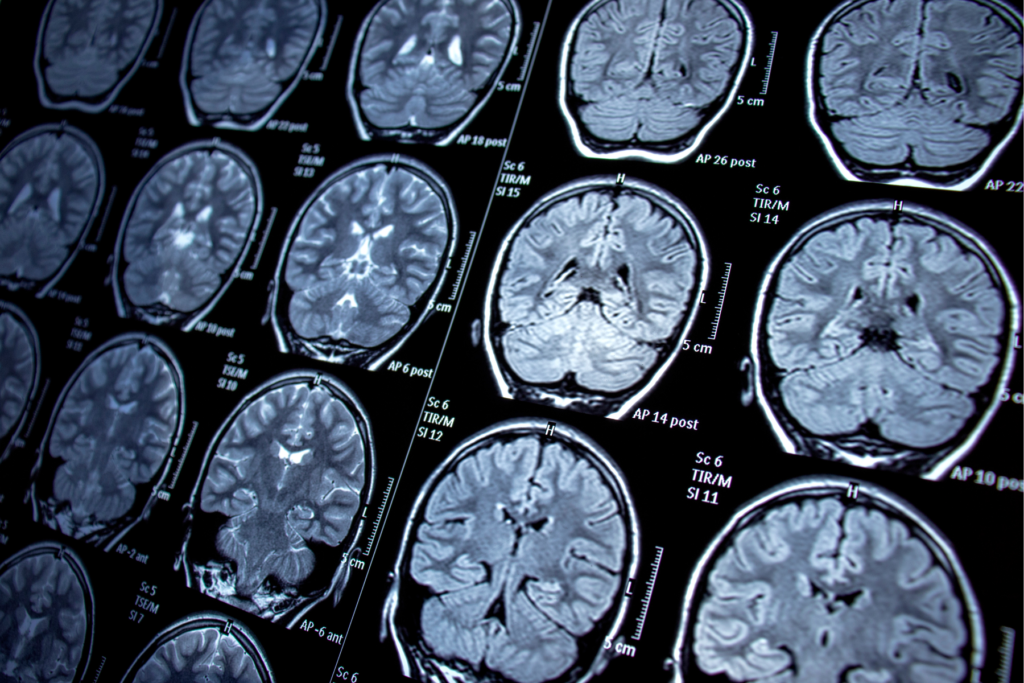Epilepsy is a chronic condition affecting the brain characterised by recurrent Seizures. The Seizures can be partial or generalised and can include complete loss of consciousness, though not always. Epilepsy can occur at any age. Diagnosis will only be made after two or more Seizures. Seizure episodes are the result of excessive electrical discharges within the brain. Though there are some conditions that can cause Epilepsy (stroke, head injury, brain surgery, alcohol or drug abuse) a large number of those diagnosed will be termed as having Idiopathic Epilepsy with no known underlying cause, written records show that the condition was recognised more than 6000 years ago!
The number of people with Epilepsy in the UK is estimated to be more than 600,000. Many of these people are fit enough to work but may need adjustments in the workplace. There are some professions where a person that has Epilepsy will not be able to work. These could include flying a plane, driving trains or scuba-diving. There are also a number of professions where there are significant restrictions. The DVLA has restrictions with regards to driving both an ordinary family car and an HGV. It also makes distinctions between those that can have Seizures at any time including during the day and those that only have Seizures at night.
If a member of staff declares they have Epilepsy, it is recommended that the company do a full risk assessment to look at what the person will be expected to do and whether there will be any significant risks in the event of them having a Seizure. A general rule of thumb would be to ensure that the person does not work at heights, not work with any dangerous (unguarded) machinery and not work near water. Depending on the type of Seizure it may also be helpful to ensure any sharp corners are padded to reduce the risk of injury, an Occupational Health referral is also advised.
If an Employee works alone this can be an issue, therefore, the Employer may wish to consider that they have a ‘Man Down’ alarm, that they can wear clipped to the clothing that will notify designated people in the event of the Employee collapsing while working alone. A typical example of this can be found at:
Https://www.safepointapp.com/asclepius
There are a number of triggers for Epilepsy that the workplace needs to be aware of. These can include significant Stress and Anxiety, dehydration, lack of sleep and increased alcohol intake. In the event that the role is particularly stressful or has a large amount of overtime this needs to be considered.
Employers needs to be aware of correct first aid for those having a Seizure – normally an ambulance is only needed if:
- It is known to be the first Seizure.
- The seizure continues for more than five minutes.
- The person continues to have one Seizure after another without regaining consciousness.
- The person does not regain consciousness.
- If the person badly injuries themselves while having the Seizure.
More information about caring for those with Seizures can be obtained at the following websites:
Epilepsy Action:
https://www.epilepsy.org.uk/info/first-aid/tonic-clonic-convulsive-seizures-first-aid
NHS:
https://www.nhs.uk/conditions/what-to-do-if-someone-has-a-seizure-fit/



